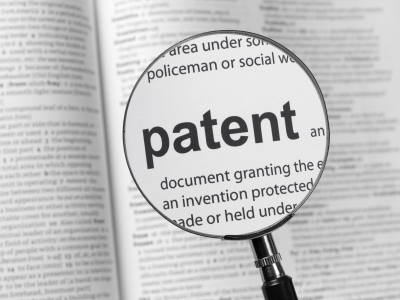
Most substantial reforms in half century proposed for the U.S. patent system.
A bipartisan consensus appears to be emerging over making major reforms to the U.S. patent system.
Late last month, Representative Lamar Smith (R-TX) introduced the America Invents Act (AIA) in the House. This bill mirrors one the Senate passed last month by an overwhelming 95 to 5 vote.
If enacted, the AIA would provide the most substantial reform to the American patent system since the Patent Act of 1952. Introduced by Senator Patrick Leahy (D-VT), the AIA would change how the U.S. Patent and Trademark Office (USPTO) awards patents and charges patent filing fees.
The AIA would replace the current “first-to-invent” (FTI) system for awarding patents with a “first-inventor-to-file” (FITF) system. The FTI system awards patent rights to the first party to invent a new process or device, not the first party to file a patent for it.
When disputes arise over who was the first to invent, the parties seek to resolve them through interference proceedings, a system that USPTO Director David Kappos has criticized as “expensive and time consuming.”
According to the Office of Management and Budget, transitioning to an FITF system would reduce the cost and difficulty of determining patent rights, thereby enabling the USPTO to collaborate better with other countries’ patent approval bodies.
The Coalition for 21st Century Patent Reform, a group of multinational corporations, also supports the bill. These businesses argue that an FITF system would enable the USPTO “to process patents in a more effective and efficient way.”
Opponents of the bill, including American Innovators for Patent Reform, a group representing small businesses, argue in an open letter that an FITF system would have “unique adverse effects” on small businesses and start-up companies. Small businesses argue that they do not have the resources to pursue patent rights as quickly as larger companies.
The AIA also would make the Patent Office self-financed. It would give the USPTO director authority to increase patent fees and would place fee revenues in a new USPTO fund instead of diverting those revenues to the general federal budget.
President Obama lauded the Senate’s bipartisan passage on March 8, 2011, of “the most significant patent reform in over half a century,” and he can be expected to sign the legislation if it is also passed by the House.



